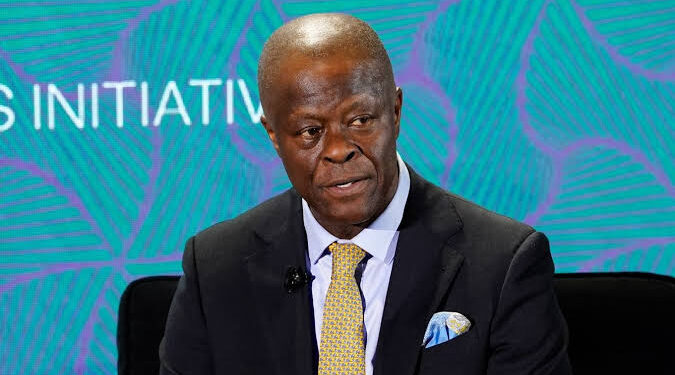Minister of Finance and Coordinating Minister for the Economy, Mr Wale Edun, on Monday said the N13 trillion deficit in the N48 trillion 2025 budget would be financed through borrowing.
The minister said this while briefing State House Correspondents after the Federal Executive Council (FEC) meeting at the Presidential Villa, Abuja.
The News Agency of Nigeria (NAN) reports that the total projected revenue for 2025 stands at N34,820,000,000,000 out of which the expenditure is projected at 47,960,000,000,000, which is an increase of 36.8 per cent from the 2024 estimate.
The deficit for 2025 is projected at 13,140,000,000,000, representing 3.89 per cent of GDP.
Edun said the budget was designed within the context of how far and how much progress had been made under the leadership of President Bola Tinubu over the last 18 months.
“And even looking at it from an international context, we, like governments around the world, are concerned about how to achieve fiscal sustainability, revenue to expenditure and borrowing that is balanced, to create an environment in which the economy can grow.
“Private sector led economies such as ours and others, rely on investors to put down their money in various projects, increase productivity, create jobs, grow the economy and in the case of countries such as ours, bring the people out of poverty,” said Edun.
He explained that the Tinubu administration had put in place policies that ensured market pricing of petroleum products, foreign exchange, and efforts had been made to improve the pricing of electricity.
Edun said: “Just recently Shell announced a $5 billion investment, Total announced a multi-billion dollar investment just before that, and there are so many others expressing interest in investing in this country.
“So, progress has been made. There is greater fiscal sustainability and as I said, even the European countries are struggling to achieve some of these critical macroeconomic reforms.
“This budget is based on government spending in critical areas, but also more importantly, encouraging and making room for private sector investment.”
He further stated that the improvements in the economy were encouraging.
“For the first time in about 25 years we have domestic refinement of petrol, not just to produce petrol but also raw materials for industries across a whole range, from pharmaceuticals to building products to textiles,” concluded Edun. (NAN)











